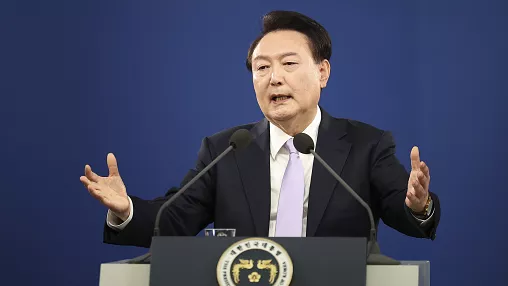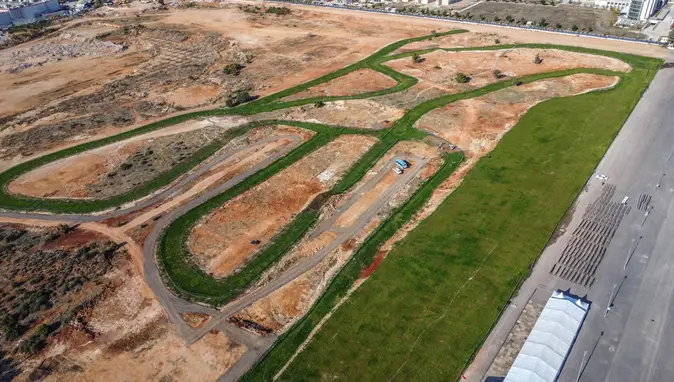In a dramatic escalation of political tensions, the South Korean government has imposed martial law in response to growing opposition activities across the country. The decision, which has sparked widespread controversy and fear, marks a significant shift in the country’s political landscape. This move comes amid increasing protests and calls for greater political freedoms, as well as concerns over the government’s handling of opposition groups.
Reason for Martial Law
The government’s decision to declare martial law stems from what it describes as escalating opposition activities that threaten national stability. These activities, which include mass protests, strikes, and civil disobedience, have been growing in intensity as opposition parties accuse the government of suppressing dissent and limiting freedom of expression. The government claims that the situation has become a threat to public order, necessitating extreme measures to maintain control. The martial law declaration grants the authorities greater powers to arrest individuals, restrict movement, and censor media coverage of the ongoing events.
Opposition’s Response
Opposition leaders have vehemently condemned the imposition of martial law, arguing that it is a violation of democratic principles and a means of silencing political opposition. Protests erupted across the country, with citizens voicing their anger over what they see as an authoritarian crackdown on their fundamental rights. The opposition parties argue that the government’s actions are a direct response to their growing influence and a way to stifle dissent ahead of upcoming elections. Human rights groups have also expressed concern over the potential for widespread abuse of power under martial law.
Impact on Society
The declaration of martial law has had immediate effects on daily life in South Korea. Streets have been flooded with military personnel, and civilian protests have been met with a heavy security presence. Many businesses, particularly those in major cities, have closed or reduced hours due to fears of escalating violence. The public remains divided, with some supporting the government’s actions as necessary for maintaining order, while others fear that the country is sliding into authoritarianism.
International Reactions
The international community has closely monitored the situation, with several foreign governments and international organizations expressing concerns over the implications for democracy in South Korea. Western powers, in particular, have urged the South Korean government to respect democratic norms and resolve the political crisis through dialogue rather than force. The United Nations has called for the immediate lifting of martial law and for the government to respect the rights of peaceful protesters.
Conclusion
The declaration of martial law in South Korea is a pivotal moment in the country’s political history. With tensions rising and no clear resolution in sight, the next steps taken by both the government and opposition will shape the future of South Korea’s democracy. The martial law decision has already altered the political landscape, and the long-term consequences for civil liberties and political opposition remain uncertain.




